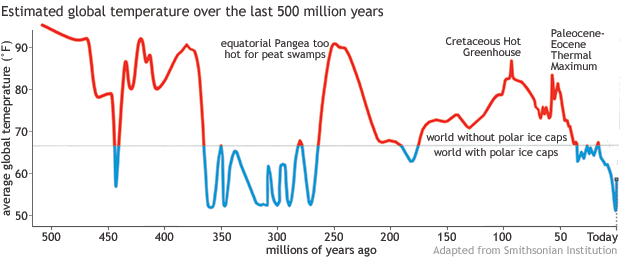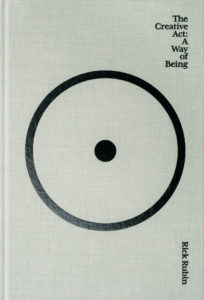Is There a Duty to Vote?
Written by Joseph Moore
This new year is a presidential election year in my home country of the United States. And so, there is likely to be no shortage of U.S. political news and commentary surrounding candidates’ pasts, their present comments and their campaign promises. It is also likely that many U.S. citizens (and probably some others) will find themselves embroiled, more frequently than usual, in weighty conversations about current events, political strategy or social or economic issues. And when the primary and general elections draw near, there will be repeated calls for all eligible voters to vote, regardless of who or what they vote for.
With all of the information (and misinformation) available and with the depth of many of the substantive issues, it will take a non-negligible amount of time and energy to remain fully politically informed throughout the election cycle. I am sure some people would rather not devote that time and energy to the process. Yet one often faces immense public and interpersonal pressure to be informed and to vote. These are sometimes even advanced as moral or civic duties on the part of citizens of democracies. To what extent are these really duties? Are citizens truly obligated to stay politically up-to-date and to vote in elections?Read More »Is There a Duty to Vote?




